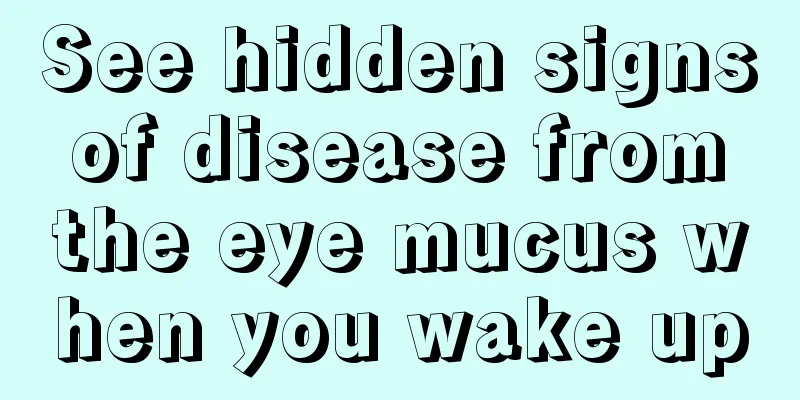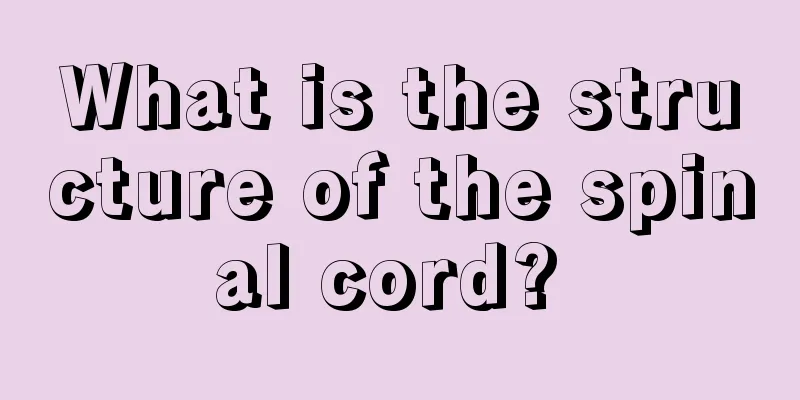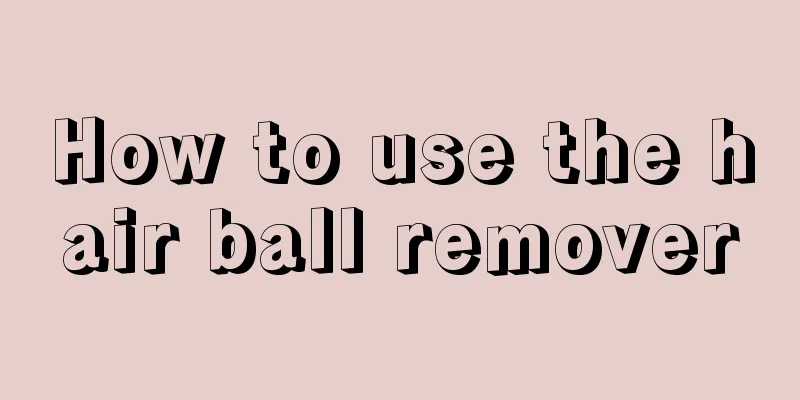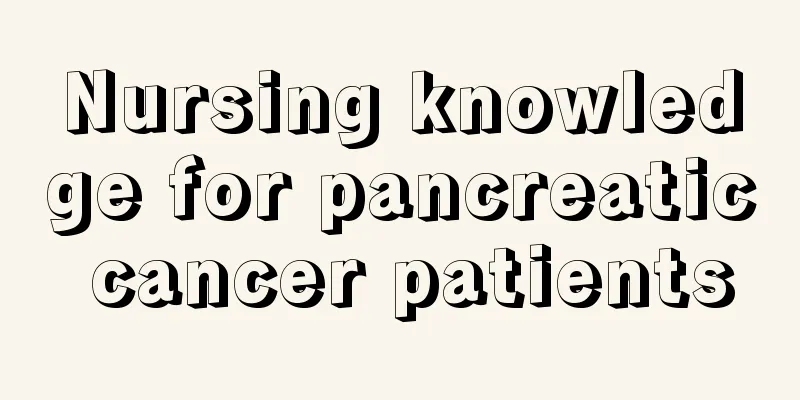Is it normal for prostate cysts to often cause pain?
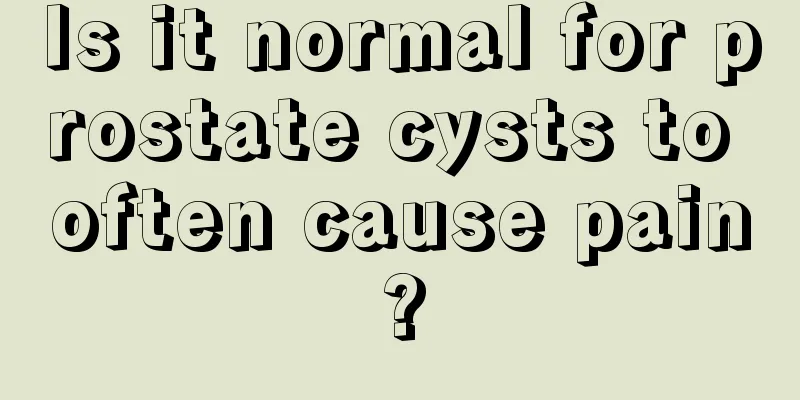
|
It is not normal for prostate cysts to often cause pain. It may be a manifestation of cyst enlargement, infection or other complications. You need to see a doctor in time to identify the cause and treat it. Common causes include cyst compression, infection or combined with other prostate diseases. Treatment methods include medication, surgery and lifestyle adjustments. 1. Cyst compression Enlarged prostate cysts may compress surrounding tissues and cause pain. When the fluid in the cyst increases or the cyst size increases, it will put pressure on the urethra, bladder or rectum, causing pain in the lower abdomen, perineum or lumbosacral region. The pain may be accompanied by symptoms such as difficulty urinating, frequent urination or urgency. Treatment: Medication: Use nonsteroidal anti-inflammatory drugs such as ibuprofen to relieve pain. Surgical treatment: For patients with larger cysts or severe symptoms, transurethral prostatic cyst resection or laparoscopic surgery can be selected. Lifestyle adjustments: avoid sitting for long periods of time, reduce the intake of spicy foods, and maintain regular urination habits. 2. Infection Prostate cysts may become inflamed due to bacterial infection, which can lead to increased pain. Infections may be caused by urinary tract infections, sexually transmitted diseases, or other pathogens, and can present with symptoms such as fever, urinary pain, and increased urethral discharge. Treatment: Medical treatment: Use antibiotics such as levofloxacin to control the infection. Surgical treatment: For patients with severe infection or abscess formation, cyst drainage or removal surgery is required. Lifestyle adjustments: drink more water, avoid holding urine, and pay attention to personal hygiene. 3. Combined with other prostate diseases Prostatic cysts may coexist with other prostatic diseases such as prostatitis and prostatic hyperplasia, aggravating the pain symptoms. Prostatitis may cause local congestion and edema, further compressing the cyst and causing persistent pain. Treatment: Drug treatment: Use alpha-receptor blockers such as tamsulosin to relieve urethral pressure, or use Chinese medicine conditioning such as Qianlie Shutong Capsules. Surgical treatment: For patients with prostatic hyperplasia, transurethral resection of the prostate (TURP) can be chosen. Lifestyle adjustments: Avoid overexertion and maintain moderate exercise, such as walking or swimming. If prostate cysts often cause pain, you should pay attention to them and seek medical attention in time to identify the cause and take targeted treatment. Medication, surgery and lifestyle adjustments can effectively relieve symptoms and prevent recurrence. It is recommended to have regular physical examinations and pay attention to prostate health to avoid worsening of the disease. |
<<: Treatment of pituitary tumors
>>: Difference between sarcoma and osteosarcoma
Recommend
Skin diseases that are red, swollen, itchy and painful should be treated in summer
Skin disease is one of the most common diseases i...
What are the effects and functions of peach kernels
The effects of peach kernels can be manifested in...
What is the best way to solve numbness in feet?
I believe many people have experienced symptoms o...
What causes cracked nails?
Under normal circumstances, the nails are relativ...
The harm of gel water
Gel water is a relatively commonly used cosmetic....
How to treat early lung cancer? There are four treatments
Early lung cancer must be treated in time to cont...
How to use sanitary napkins
Many girls do not have any knowledge about sanita...
Does laser hairline removal have any side effects?
Using laser to remove the hairline is a common co...
How to choose watermelon, eight methods to teach you how to choose
Before summer, watermelon is one of people's ...
How long can you live after bladder cancer relapses?
It depends on your own physical condition and tre...
How to make nails grow faster
Some people, when cutting their nails, are too la...
Conscious while sleeping but unable to move
Sometimes we sleep very deeply and know that we a...
The navel is red, swollen and leaking water
Although the belly button is very small, it is al...
How to make pillows with pine and cypress seeds
Every day, we use pillows when we sleep. In fact,...
Difference between cerebellar infarction and cerebral infarction
Although many people have heard of the disease of...




